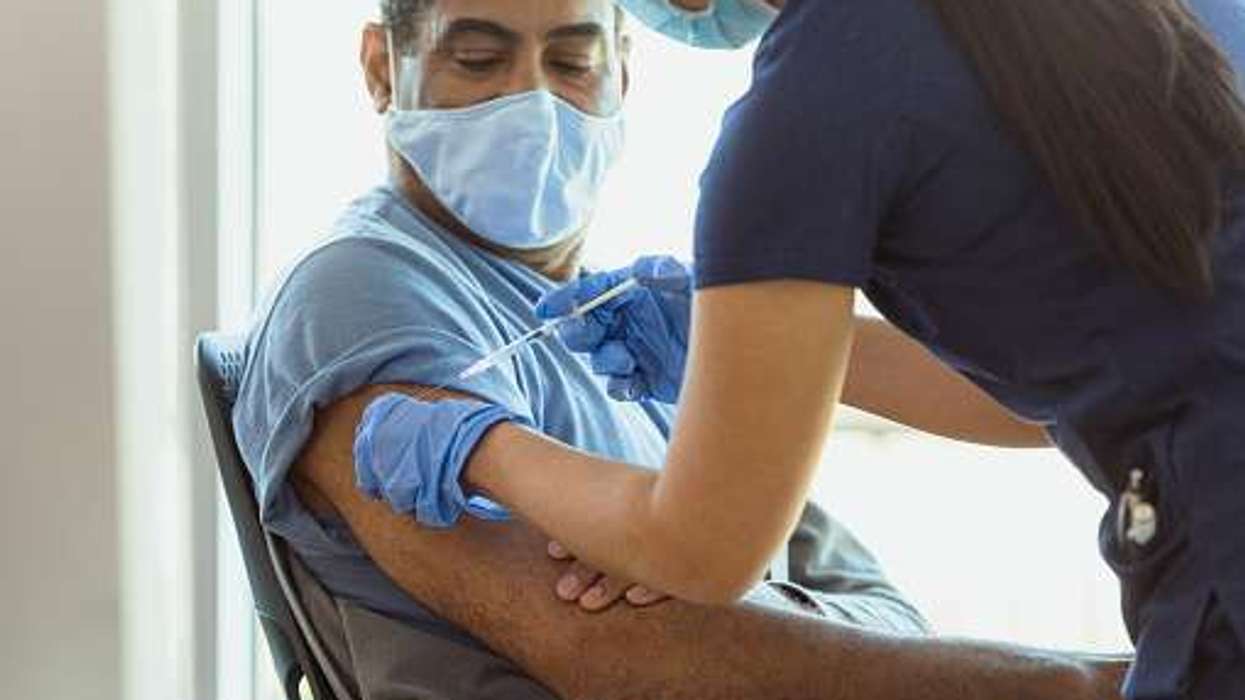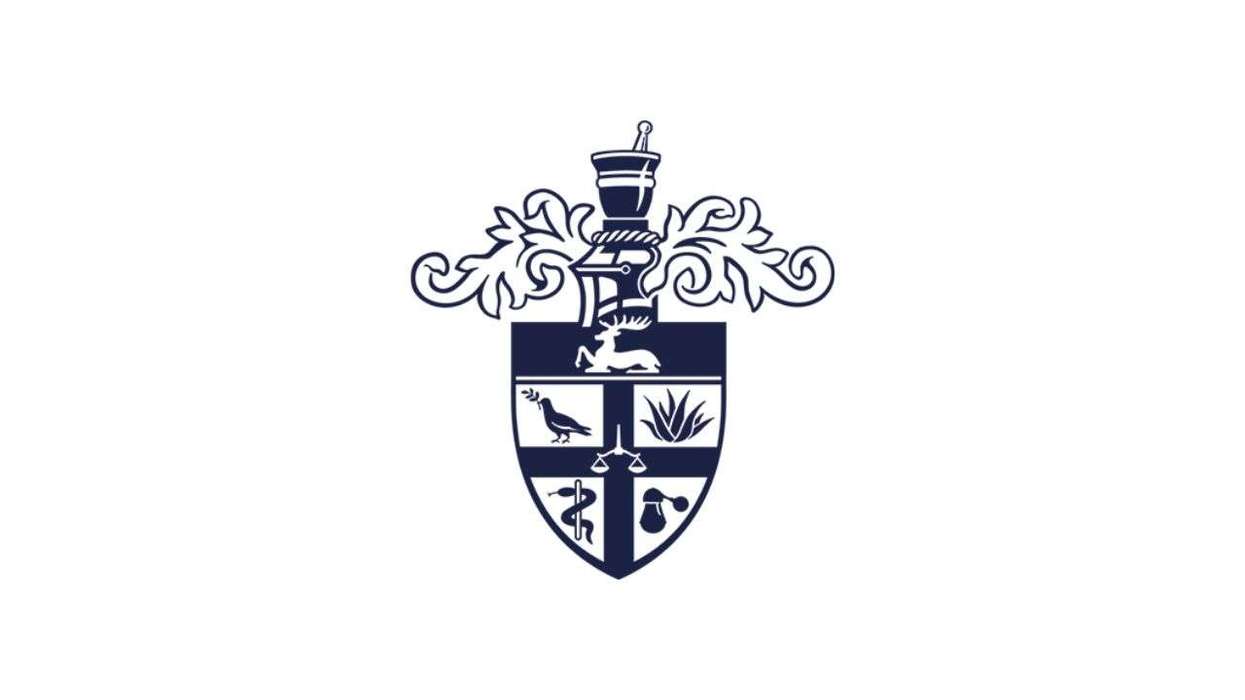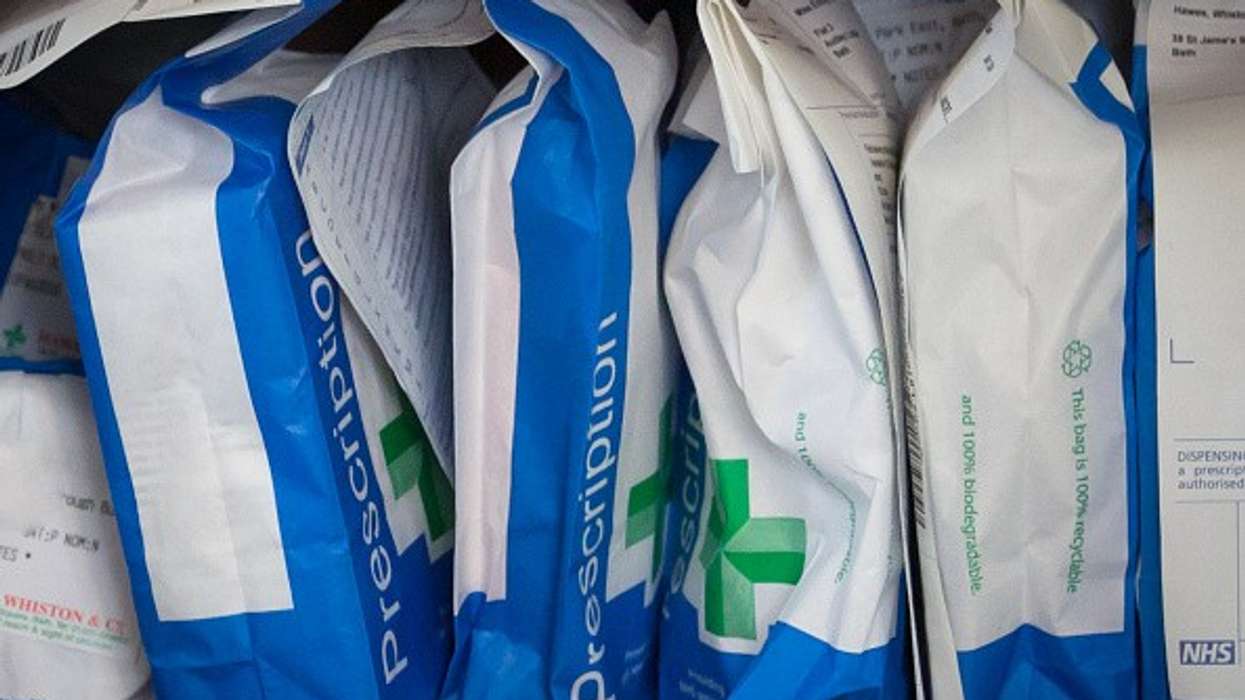John Kapoor, the founder of Insys Therapeutics Inc, on Thursday, was sentenced to 66 months in prison for his role in a bribery and fraud scheme that contributed to the U.S. opioid crisis.
Kapoor, 76, is now the highest-ranking pharmaceutical executive to be sentenced in a case linked to the opioid crisis. His was the harshest sentence in a case in which several former Insys executives will go to prison.
Forfeiture and restitution in Kapoor's case still need to be determined. Government prosecutors are asking for about $113 million (£86.3 million) in forfeiture from a man who grew up poor in India, but became a billionaire before founding Insys.
During a hearing that lasted nearly two hours, U.S. prosecutors asked U.S. District Court Judge Allison D. Burroughs to sentence Kapoor to 15 years in prison. Some victims also asked her to give Kapoor a maximum penalty.
Victims told the judge they were prescribed a highly addictive opiate that they did not need. They described losing their teeth and being unable to put two thoughts together as they lived in a haze of addiction. One victim told the judge Kapoor should be treated as a drug trafficker.
Burroughs said her lesser sentence took into account his central role in the crime, his many good works as a philanthropist and his age.
Nevertheless, Kapoor is due to serve significantly more prison time than other former senior Insys executives convicted in the bribery and fraud scheme.
On Wednesday, former Insys Chief Executive Michael Babich, 43, was sentenced to 30 months in prison. Babich last year pleaded guilty to conspiracy to commit mail fraud and wire fraud and agreed to cooperate with the government.
Over several days of testimony, Babich had described the inner workings of the conspiracy in detail. The trial resulted in the conviction of Kapoor, as well as the company's vice president of managed markets, Michael Gurry, national director of sales Richard Simon, and two Insys regional sales directors, Joseph Rowan and Sunrise Lee.
Subsys, the company's fentanyl-based medication, was approved to treat intense pain in cancer patients.
But Babich and others would identify high prescribers of opioid treatments and pay bribes or kickbacks to get them to broaden Subsys uses, increasing the number of new prescriptions, as well as dosage prescribed and units sold.
Assistant U.S. Attorney Nathaniel Yeager described Kapoor as the linchpin of the scheme.
"It was a top-down conspiracy run by John Kapoor," Yeager told the judge.
Burroughs said she was not convinced Kapoor was the linchpin of the operation but acknowledged he was a central player.
Kapoor, who served as the Chandler, Arizona-based drugmaker's chairman and later chief executive after Babich stepped down, apologized to the victims in the courtroom.
"I am heartbroken by the words of the patients," Kapoor said. "I sincerely apologize to them."
From 1999 to 2017, some 400,000 people died from overdoses involving an opioid, including prescription and illicit drugs, according to U.S. health officials.
(Reuters)











